This is our regular round up of stories of progress from around the world. If you'd like to join the 51,000 people who get this in their inbox every week, you can subscribe for free here.
Good news for people
France has become the first country to make abortion a constitutional right, after an overwhelming 780-72 vote. The measure has broad support from 80% of the French public and fulfils a promise made by President Macron following the rollback of reproductive rights in America. AP
We're sending a message to all women: your body belongs to you, and no one can decide for you. Today the present must respond to history. To enshrine this right in our constitution is to close the door on the tragedy of the past and its trail of suffering and pain.
Gabriel Attal, Prime Minister, France
Over-the-counter medication is the next battleground for reproductive rights in America. From this month, pharmacies will be allowed to sell mifepristone in a handful of states where abortion is legal, in addition to availability at clinics and hospitals. With more women facing increasing obstacles, the move will facilitate access and make the right to choose easier for more women. BBC
A new paper in Brookings claims that India has eliminated extreme poverty. Based on official consumption expenditure data for 2022-23, the authors say the last decade has seen an unprecedented decline in both urban and rural inequality, and that between 2011-12 and 2022-23, the proportion of people living in extreme poverty fell from 12.2% to 2% in 2022-23
The Indian state of Maharashtra, home to 128 million people, has decreased child mortality rates by 11% in the past four years and infant deaths by 15%. Public health measures, including early pre-natal registration and the establishment of 53 Special Newborn Care Units, have played a significant part in achieving this progress. Times of India
Nigeria has stepped up its cervical cancer prevention. Between October 2023 and January 2024, 44 million girls in 16 states, aged 9 to 14, received their first dose of the HPV vaccine. In five states, 21,851 women underwent visual inspections with acetic acid, a safe and cost-effective alternative to a pap smear. WHO
We commend the government's efforts to introduce the HPV vaccine and set in motion plans to roll out the second phase of immunization to the remaining 21 states.
Dr Walter Kazadi Mulombo, WHO
The Biden administration just announced a $1.7 billion package to fund 141 projects aimed at ending hunger across the United States by 2030. Private and non-profit organisations and local governments have also made pledges, including a $60 million commitment by tech company About Fresh, to develop data for food prescription research. Newsweek
Also, just gonna go and leave this one here.
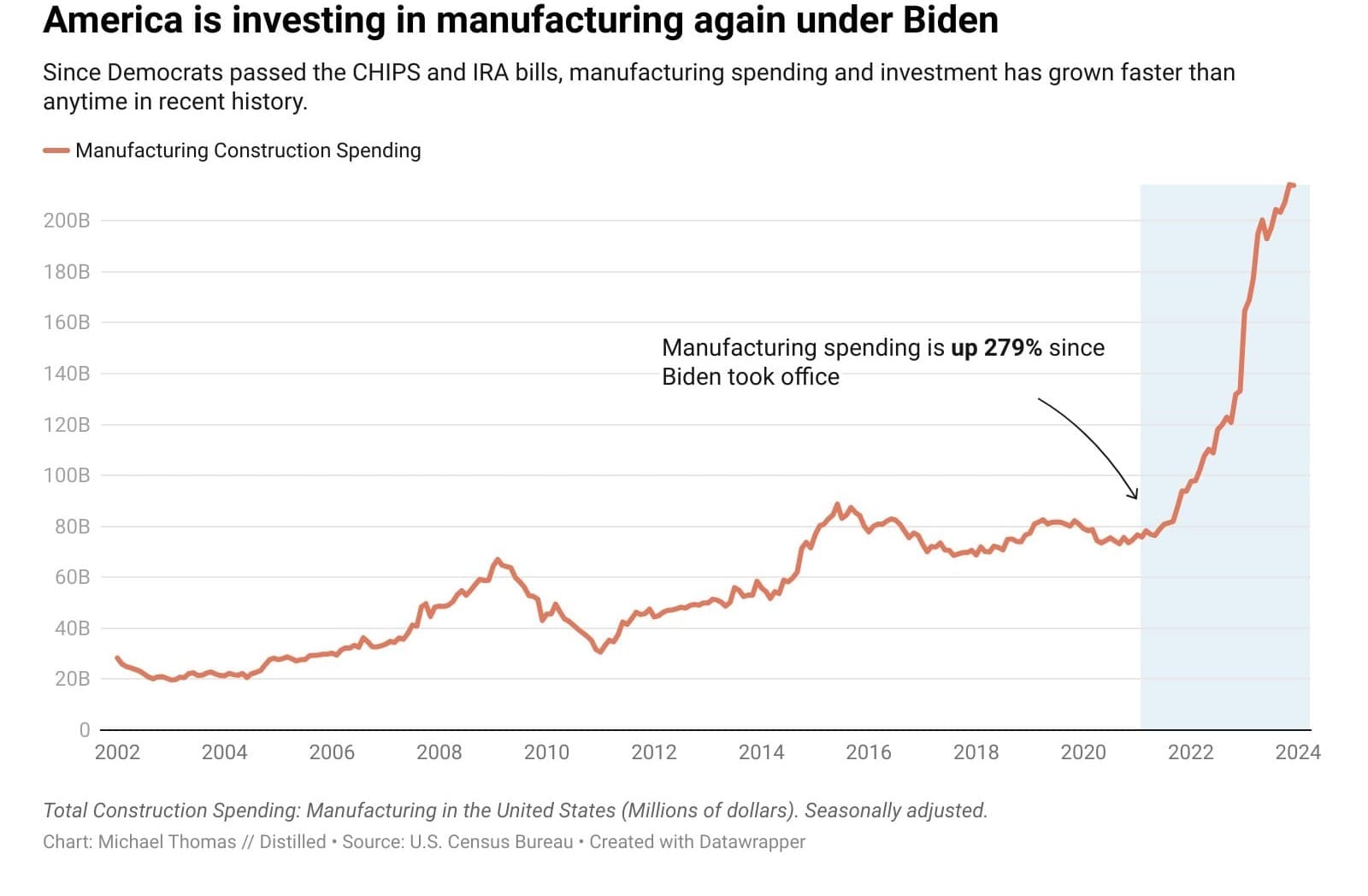
In 2022, 80.3 million children across Latin America and the Caribbean received school meals. Most of these children were in South America (63.2 million), followed by Central America (13.3 million) and the Caribbean (3.8 million). At least 19 countries in the region have committed to school meals through policy or law. WFP
A new $115 million program will improve healthcare for about 4.6 million people in 63 districts in Mozambique, especially women, children, and adolescent girls. The program will focus on the upgrade of local health centres and nutrition for young children and tackle both infectious and non-communicable diseases, including cervical cancer. World Bank
After a disappointing high court ruling in India, a consolation victory for LGBTQ+ activists with a new policy that will prohibit the disclosure of a trans person’s gender without their consent. It’s hoped the measure will encourage fair treatment and reduce discrimination in workplaces. Washington Blade
Over the past 44 years, breast cancer deaths in the US have dropped by 58%. Nearly half of the reduction is thanks to earlier detection and more effective treatment. Despite the progress, there is still so much work to be done in making sure these reductions are equally distributed. WaPo

Tobacco use has decreased in Southeast Asia by 24.7% since 2000. Over the past thirty years, social safety nets have become more prevalent in our world, providing a lifeline to hundreds of millions of people. New York City is finally sorting out its trash problem. How Finland halved its suicide rates to become one of the ‘happiest countries in the world.’ One million doses of life-saving vaccines have been administered to children living across Ethiopia, Somalia, Sudan, and South Sudan. Cancer deaths in Wales have declined 16% in the last two decades. A South Korean gay couple wins a breakthrough case for healthcare rights. Another landmark case in Kenya affirms the right to respectful maternal healthcare. A $452 million project in India will upgrade roads and bridges to connect 1.8 million people living in rural areas of Assam. The FDA just approved two new drugs: one to treat severe food allergies, including milk, eggs, and nuts; and another to target aggressive skin cancer that cannot be surgically removed. Brazil’s food banks are embracing ugly produce to feed millions of kids.

Hope is a Verb
On our most recent episode of the podcast, we spoke to Yasmeen Lari, 'starchitect' turned humanitarian who in the wake of the 2022 floods in Pakistan, vowed to build one million zero-carbon, disaster-resistant homes for displaced families. It's an astounding ambition, and one that she's bringing to life through sheer force of will. Smart, provocative, and with absolutely nothing to lose, she's one of the most formidable people we've ever had on the podcast, and was the perfect way to our second season.
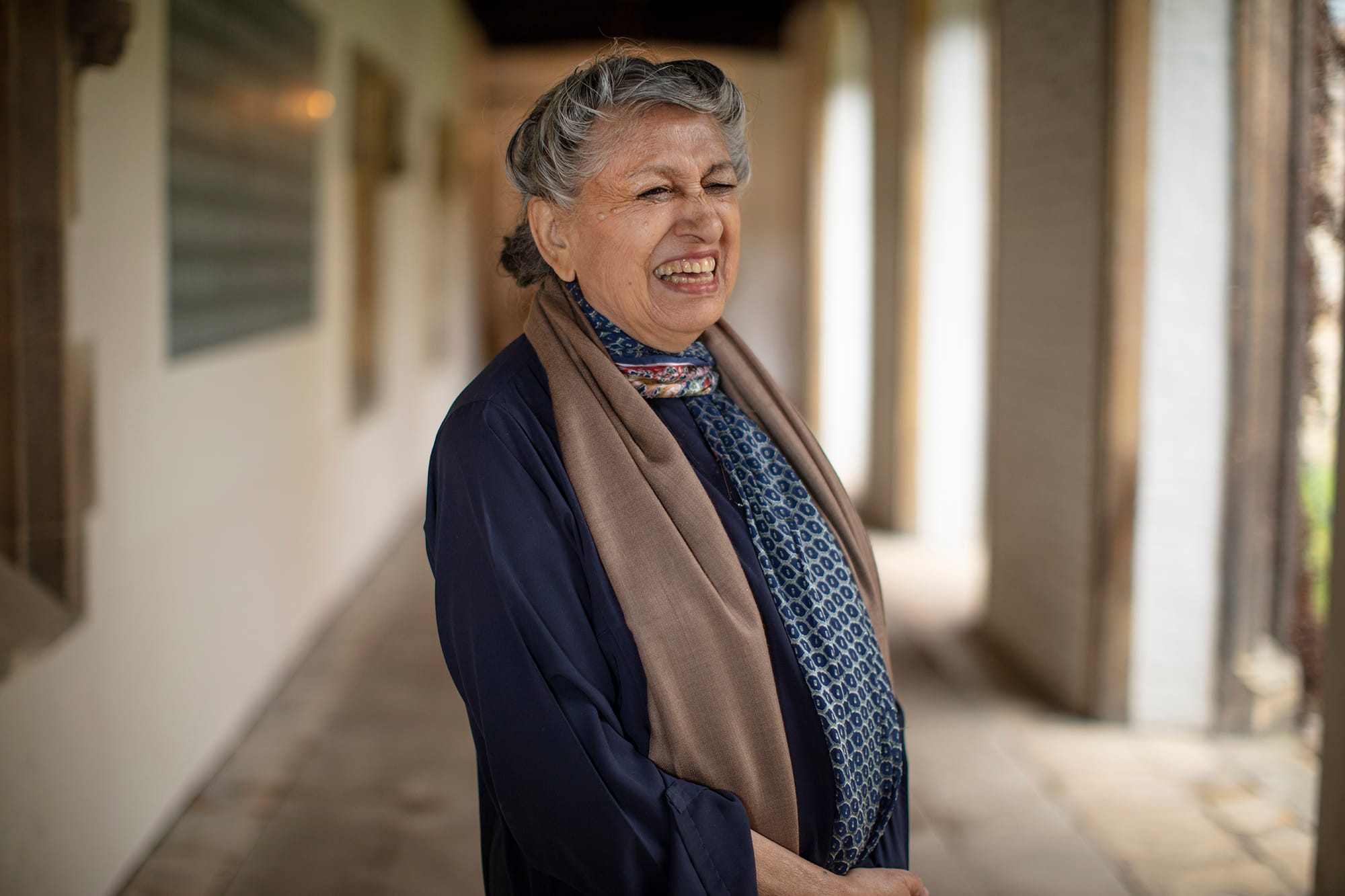
Good news for the planet
Europe's new nature restoration law is a big deal. By 2030 it will legally require the restoration of 20% of land and sea and overall protection of 30%, aim for 30% of EU species and habitats to reach 'a favourable conservation status,' and restore at least 25,000 kilometres of free-flowing rivers. Carbon Brief
The Saksfjed Wilderness is one of the largest and most aspirational rewilding initiatives in Denmark. Since January 2023, a foundation has been working to actively rewild the area into open grassland, with scattered vegetation, open forests, and wetlands, grazed by bovines and wild horses, and now it's been added to the European Rewilding Network.
For the last 15 years, environmentalists and the Penobscot Indian Nation have been restoring the Penobscot River in Maine. As a result, thousands of kilometres of habitat along the river and its tributaries has been re-opened, fish populations have skyrocketed, and alewives could soon be returning to Maine’s Mattamiscontis Lake. Nature Conservancy
When these fish get into the smaller streams and there are hundreds of thousands of them, you can’t miss seeing them. When I first saw them in these numbers, it was a mind-blowing, guttural emotional response.
Dan McCaw, Fisheries Biologist, Penobscot Nation
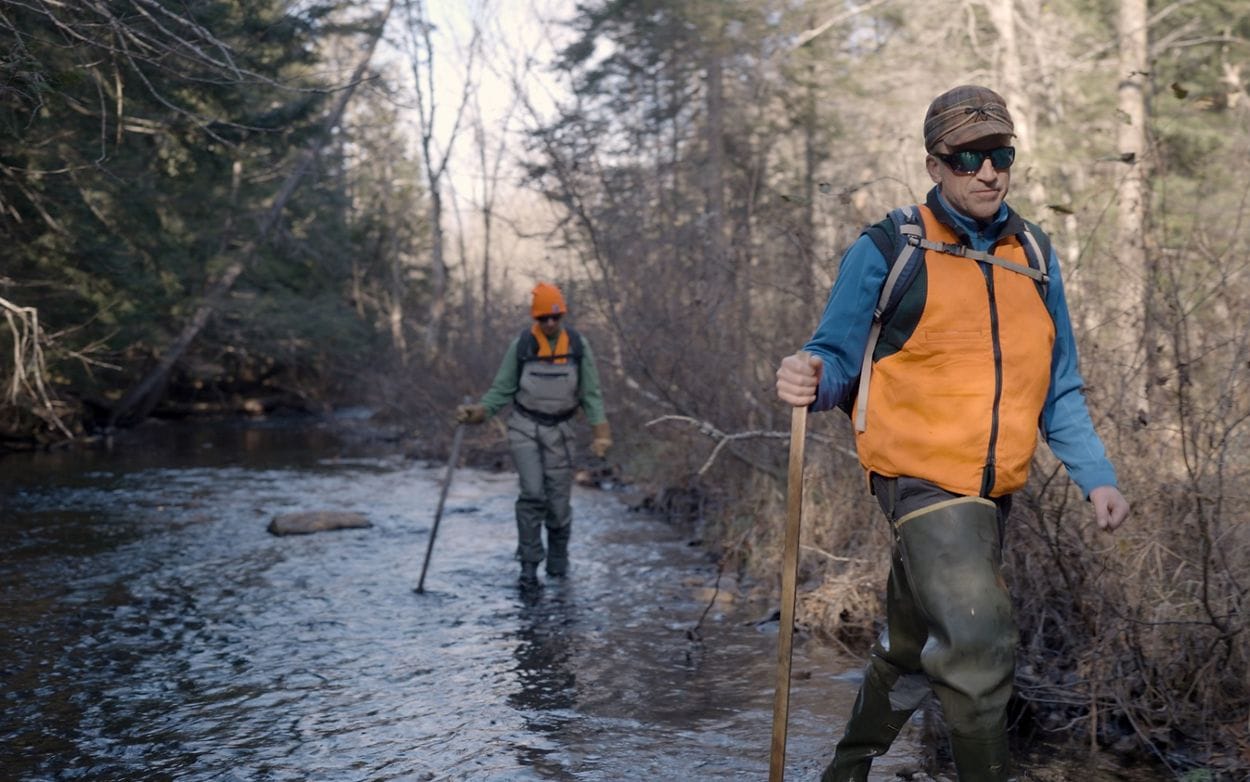
Thailand just achieved a significant environmental milestone with the first sighting of Siamese crocodile babies in Beung Boraphet, the country's largest freshwater swamp and lake. The return of crocodiles to the area suggests that decades of conservation and restoration efforts are starting to pay off. Pattay Mail
The Australian saltwater crocodile (Crocodylus porosus) was driven to the edge of extinction in the mid-20th century, with an estimated 3,000 individuals left by the 1970s. Now, after decades of protection, they have achieved 'full recovery,' with an estimated 100,000 individual crocodiles in Australia today. Science Direct
Sarah and Mark Tompkins founded the Samara Karoo Reserve in South Africa in 1997. Since then, they have successfully restored 271 km2 of land, reintroduced the area's first cheetah, black rhino, elephant, and lion in over a century—and kicked off a campaign to create South Africa’s third largest protected area, covering 12,140 km2. Geographical
When the Florida golden aster (Chyrsopsis floridana) was listed as endangered in 1986, only nine clusters of the yellow daisy-like perennial herb could be found growing in Hillsborough County, Florida. Now, 37 years later, 30 populations have spread across five counties in West Central Florida, and it's just been taken off the endangered list by the US Fish and Wildlife Service.
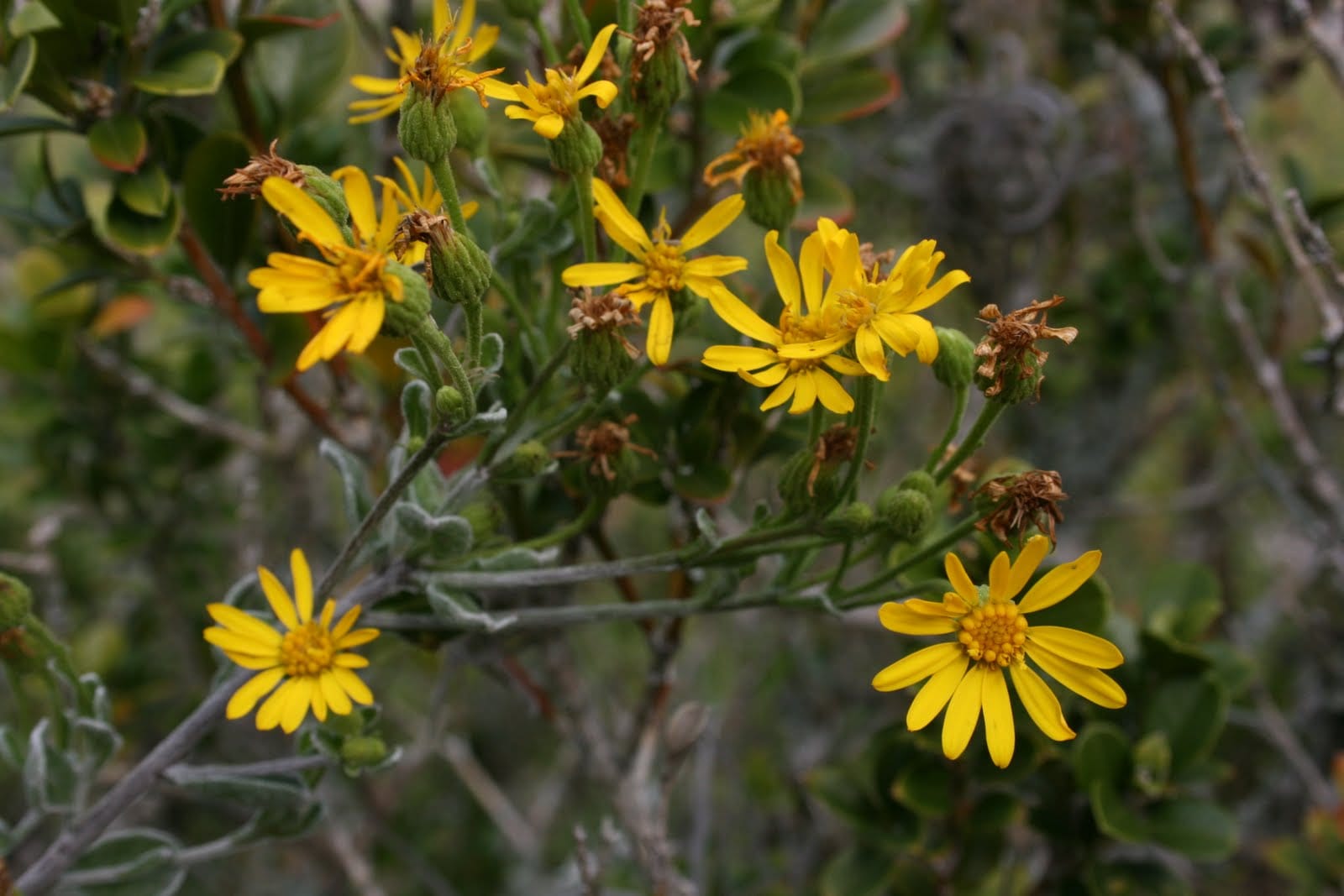
How's this for progressive taxation? The US Fish and Wildlife Service just announced over $1.3 billion of new conservation funding, supported by excise taxes paid in the United States last year on ammunition, firearms, archery and angling equipment, and a fuel and small engine tax. FWS
In the last decade, anti-poaching measures have been put in place in almost 100 global biodiversity sites, and poaching is now falling in 20 of them, affecting species from the desert-adapted elephants of Mali to Sumatran tigers and rhinoceros in Indonesia. In Ethiopia, 90% of illegal wildlife trade cases now end in convictions, and demand for ivory and tiger amulets in Thailand has fallen by 30%. World Bank
Bucking the global trend, Pakistan's mangrove forests saw a three-fold expansion between 1986 and 2020, from 483 km2 to 1,439 km2, according to an analysis of satellite data in 2022. Experts attribute this success to massive mangrove planting and conservation programs, as well as concerted community engagement. Mongabay
The Butterfly Redemption:
Recognizing the need for urgent action, the Oregon Zoo began a captive breeding program for the species in 2003. In 2011, the zoo helped establish the breeding program at Mission Creek as part of The Evergreen State College and Washington State’s Sustainability in Prisons Project. Since then, the work undertaken by these incarcerated women has become one of the last best hopes for the species’ survival. Hakai
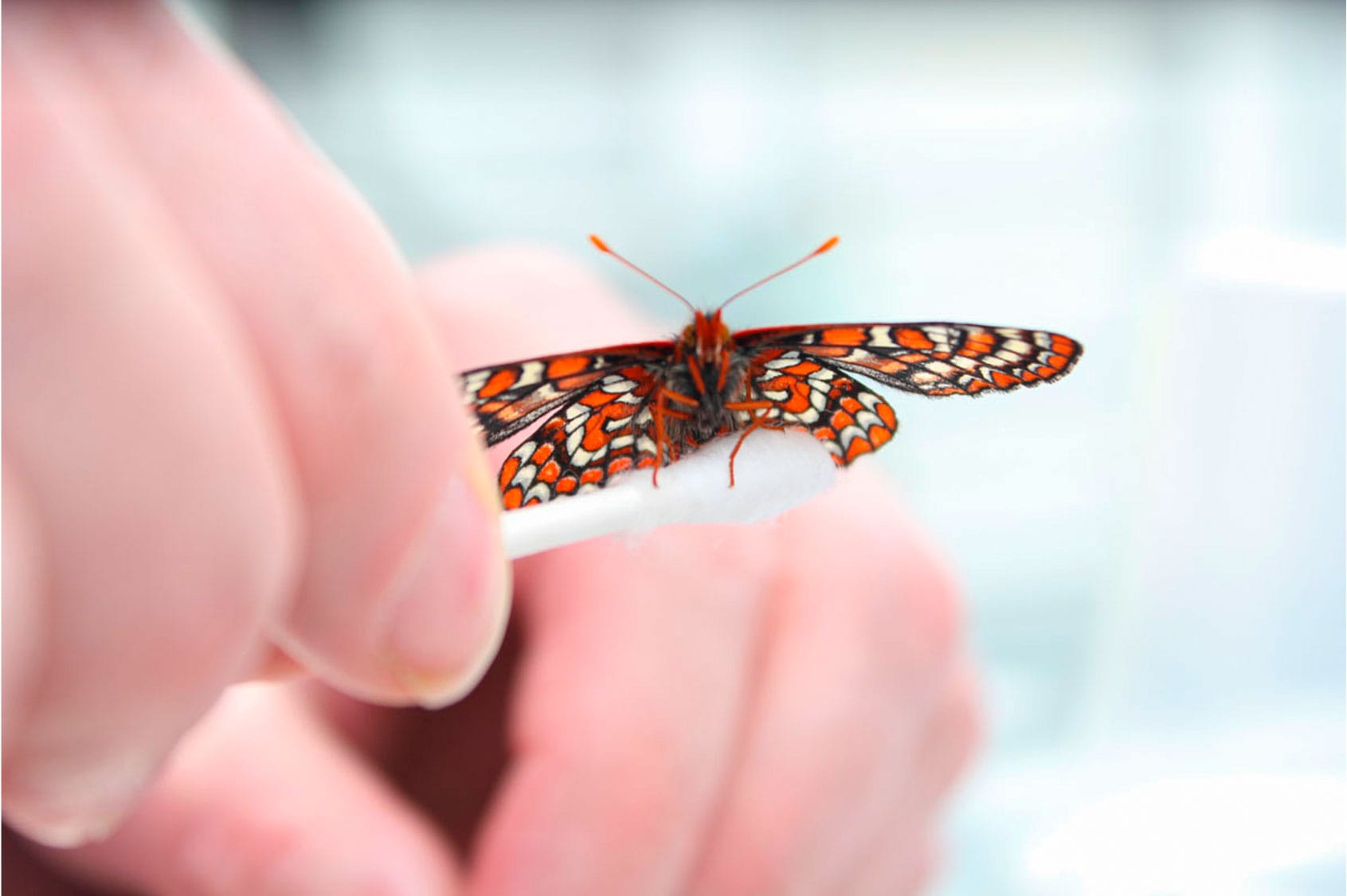
Medellín's Green Corridors is arguably the best urban restoration project in the world right now. Since 2016, 2.5 million plants and 880,000 trees have been planted in 30 'corridors,' reducing pollution and bringing temperatures down by 2°C in a city of 2.5 million people. Other cities are following suit, including Bogotá, Barranquilla, and São Paulo, the largest city in South America. RTBC
The Biden Administration has announced $195 million in funding to spend on climate projects in US national parks. It will support more than 40 projects, from restoring coastal marsh systems in the Northeastern corner of the United States to promoting native fire management in the Pacific Northwest and developing conservation plans for bison in a dozen parks. National Parks Traveler
The Svalbard Global Seed Vault just received deposits from 23 seedbanks—with Bosnia and Herzegovina, Cameroon, Indonesia, Kazakhstan, Kenya, Madagascar, Nigeria, and Zambia depositing for the first time. Reuters
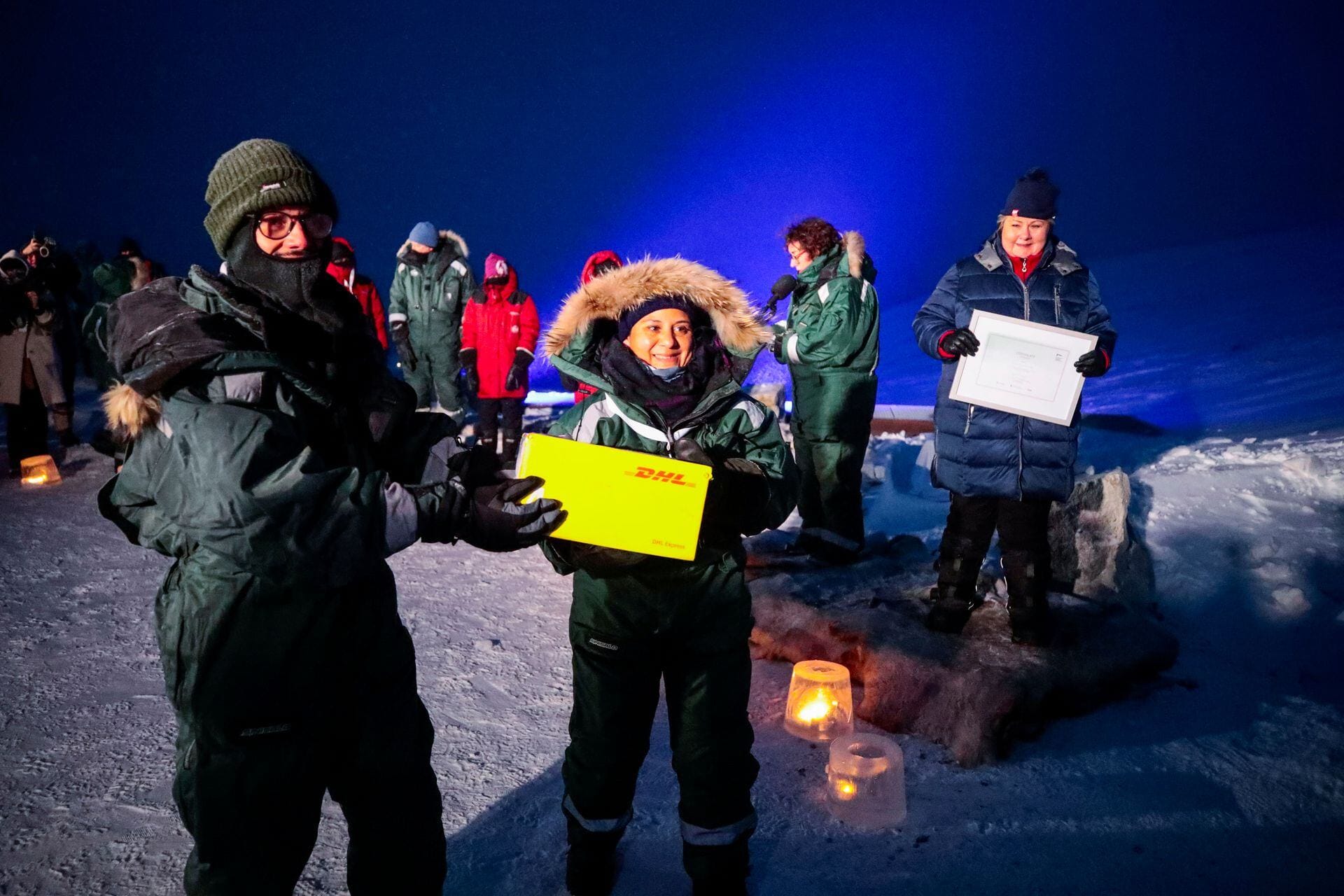
More music for those who will listen
In the space of a few weeks, judges in Idaho, Nevada, and Montana just altered the landscape for conserving water in the western United States. The successful rehabilitation of Harpy Eagles in Bolivia is a ray of hope for a species that's lost vast stretches of its historical habitat. Taiwan's FDA just banned animal testing for iron supplements. The US FDA is banning forever chemicals in food packaging like fast-food wrappers, microwave popcorn bags, and takeout pizza boxes. How recycled oyster shells are restoring the Alabama coast. Ireland has launched an ambitious new national waste management plan. Efforts are now underway to restore populations of the American marten to forest areas across Pennsylvania. What if all the best jobs in 2030 were ones that regenerated the world? It's not naive. Many inspiring people are already doing it—soil doctors, river guardians, seaweed farmers, river restoration engineers, and food waste hackers, among others.

That's all for this edition, thanks for all your patience as we sort out the last remaining gremlins from the name change. We're almost there!
See you next week.
With love,
Gus


